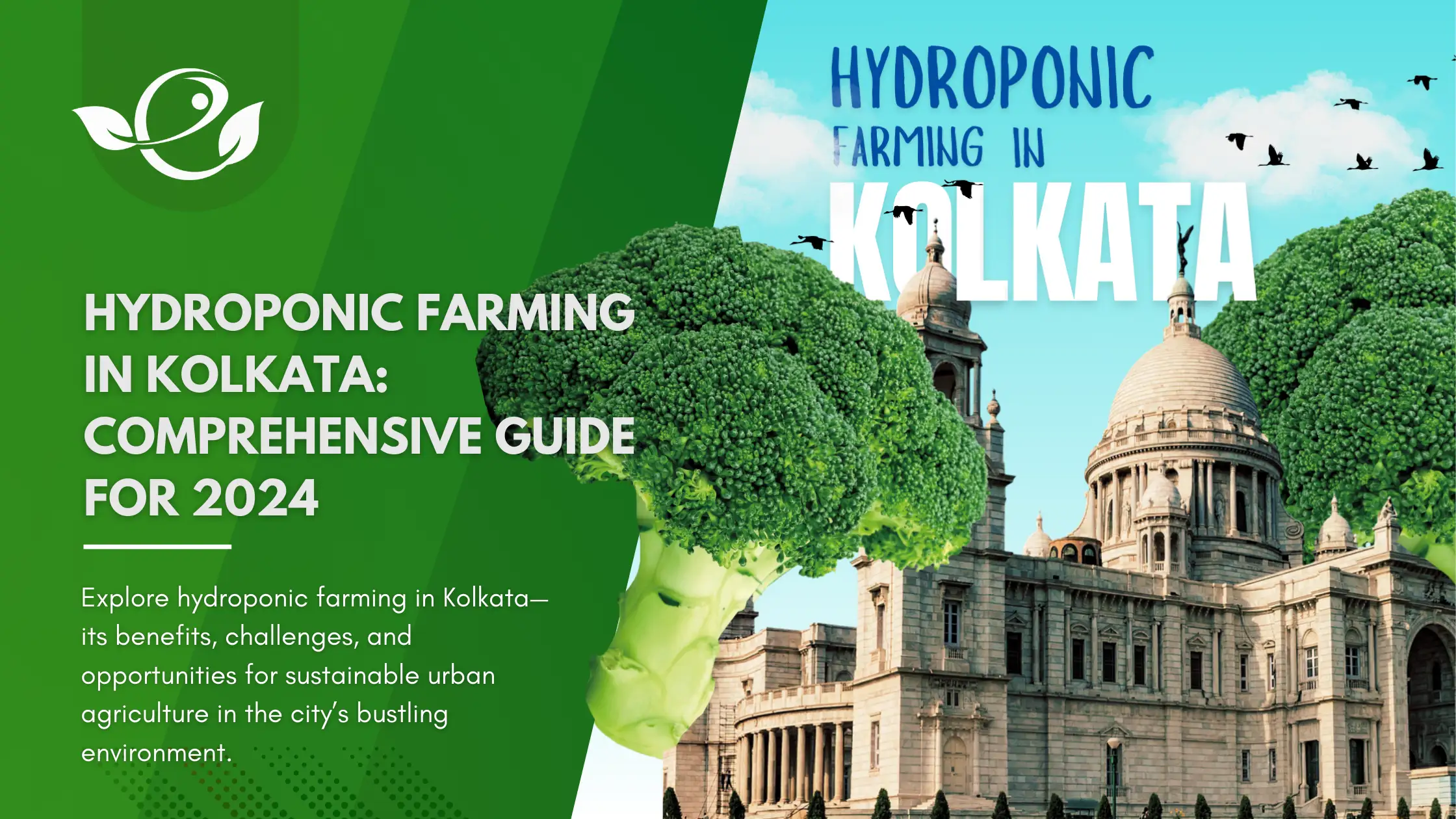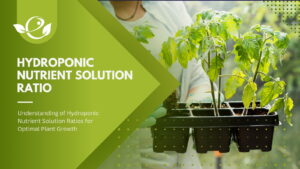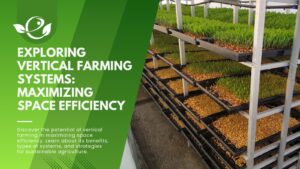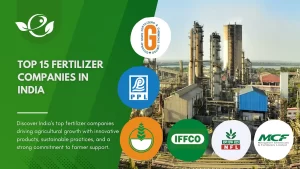Table of Contents
Hydroponics represents a transformative approach to agriculture, allowing plants to grow in a soil-free, nutrient-rich water solution. For urban centers like Kolkata, where arable land is limited and population density is high, hydroponic farming offers a way to produce fresh, pesticide-free vegetables sustainably. Kolkata’s hydroponics landscape is rapidly evolving, as both small-scale enthusiasts and commercial ventures recognize its potential to meet the city’s growing demand for local, organic produce.
Why Choose Hydroponic Farming in Kolkata?
Population and Urban Density
Kolkata’s dense urban environment creates significant demand for fresh produce. The limited availability of farmland around the city makes traditional agriculture challenging. Hydroponics offers a unique solution, providing a method for efficient food production that can operate in smaller spaces, such as rooftops, balconies, and warehouses. This modern farming approach supports Kolkata’s ambition to become more self-reliant and food-secure without expanding urban sprawl.
Climate Suitability
With its humid subtropical climate, Kolkata experiences hot, wet summers and cooler, dry winters. By controlling environmental conditions, hydroponics allows year-round cultivation regardless of seasonal changes. Proper greenhouse designs—such as fan and pad cooling or polyhouse options—are especially effective for managing Kolkata’s high humidity, maintaining a stable environment for crops.

Data: 1991 – 2021 Min. Temperature °C (°F), Max. Temperature °C (°F), Precipitation / Rainfall mm (in), Humidity, Rainy days. Data: 1999 – 2019: avg. Sun hours
Rising Market Demand for Fresh Produce
The increasing awareness of health and wellness among Kolkata’s residents has fueled demand for fresh, pesticide-free produce. Hydroponic farms address this need by providing organic, local, and safe-to-consume vegetables and herbs. Many farms in Kolkata now offer delivery services, ensuring that consumers receive freshly harvested produce within hours.
Types of Hydroponic Farming Options Available in Kolkata
Vertical Farming
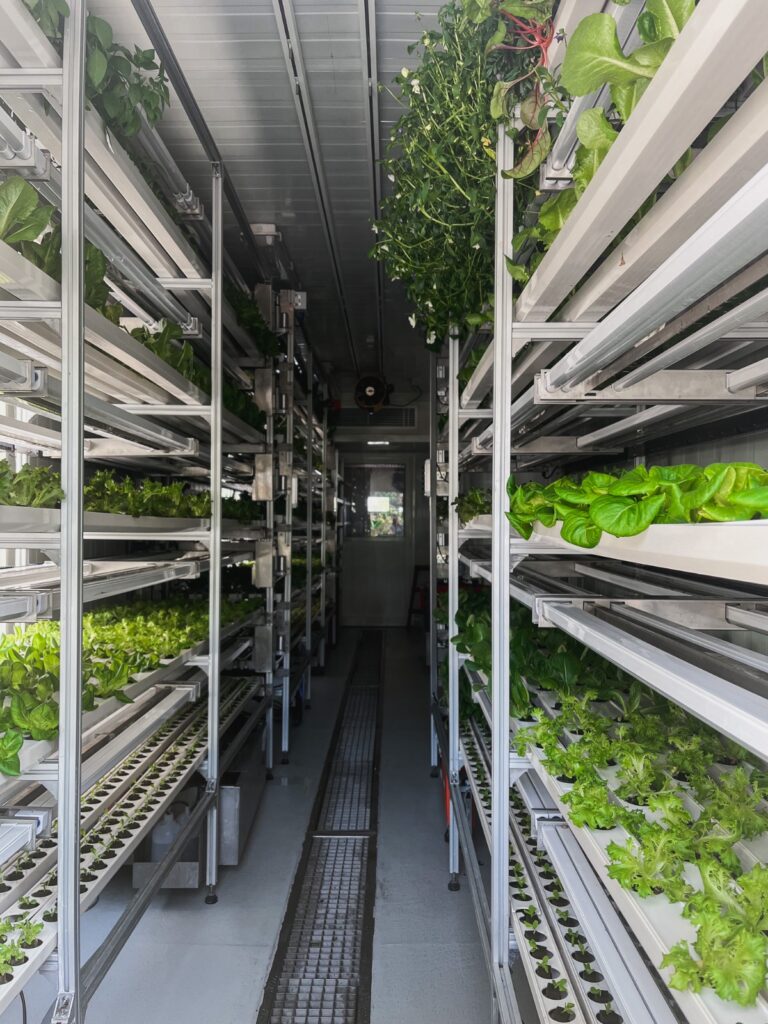
Vertical hydroponic systems utilize vertical space, making them ideal for Kolkata’s compact urban settings. With stacks of plants growing one above the other, vertical hydroponics maximizes yield per square foot, making it perfect for residential buildings, rooftops, and even restaurants.
Indoor Hydroponics
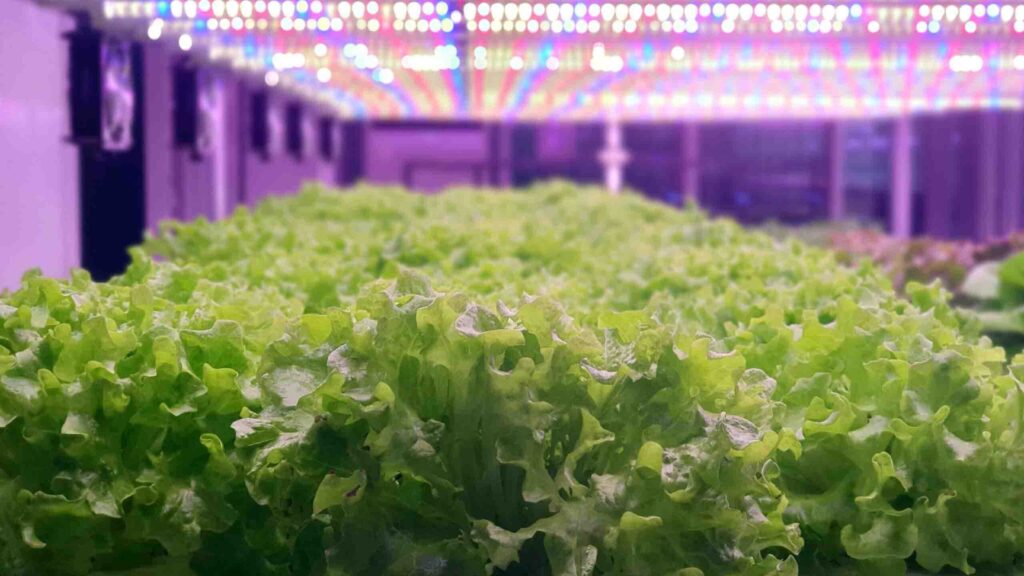
Indoor hydroponic systems allow year-round crop cultivation in any space, regardless of climate conditions. These compact systems are suitable for small apartments or restaurants in Kolkata and can produce a steady supply of fresh herbs and microgreens.
Greenhouse and Controlled Environments
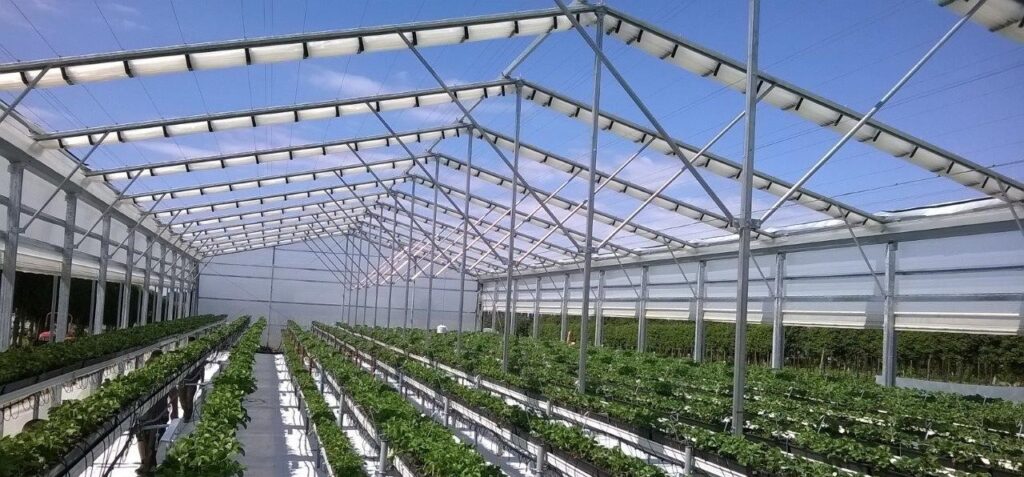
Greenhouse-based hydroponic systems, such as naturally ventilated polyhouses or fan & pad systems, help maintain an optimal growing environment. In Kolkata, where weather conditions can fluctuate dramatically, greenhouses with hydroponic setups provide the ideal combination of climate control and resource efficiency, allowing for the cultivation of a wider variety of crops.
Case Studies: Successful Hydroponic Ventures in Kolkata
Gourmet Greens
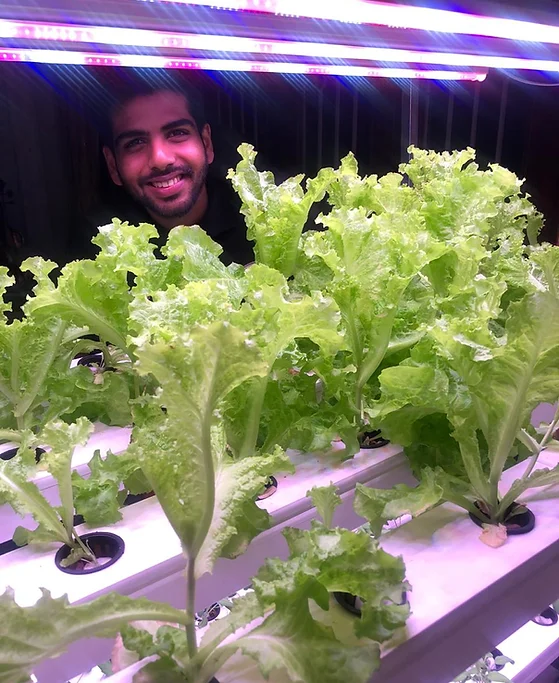
Gourmet Greens, a Kolkata-based hydroponics venture, specializes in producing fresh, organic, pesticide-free vegetables and herbs. Their business model focuses on direct-to-consumer delivery, ensuring freshness. Produce is harvested and delivered within 24 hours, often using biodegradable packaging to align with sustainable practices. Customers benefit from the convenience and quality, which makes Gourmet Greens a model for small-scale hydroponics in Kolkata.
Kochipaata Organic Farm
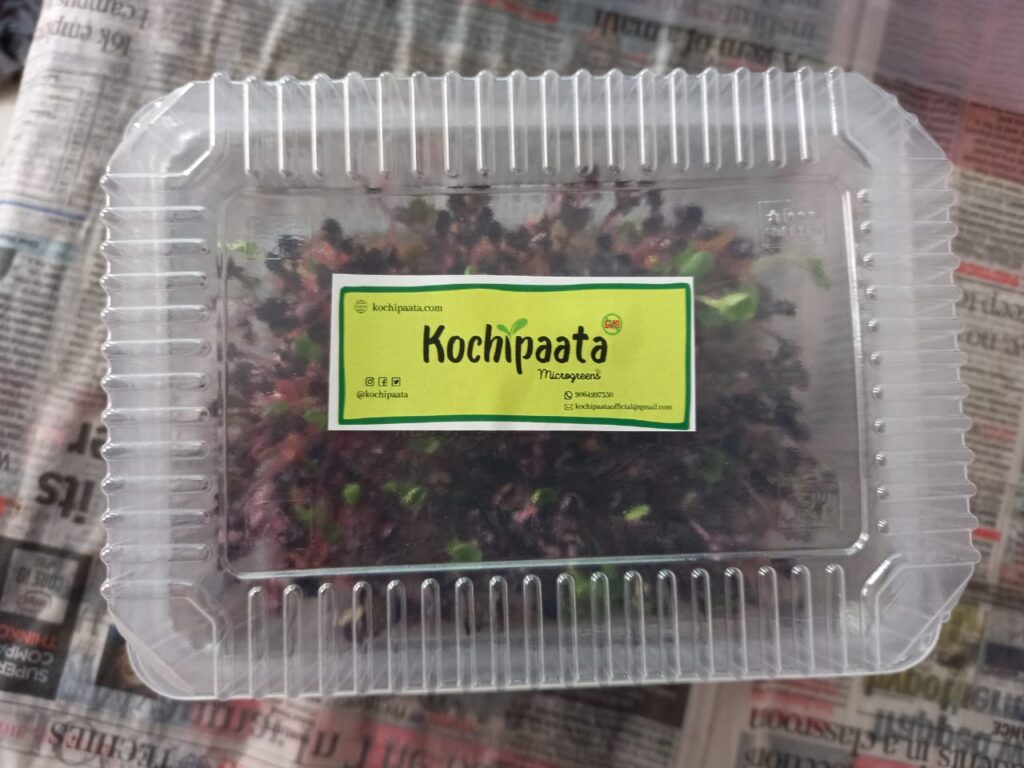
Kochipaata Organic Farm is another notable hydroponic farm in Kolkata, focusing on microgreens, herbs, and edible flowers. Established by local entrepreneurs, Kochipaata’s approach has attracted health-conscious urbanites and chefs who appreciate the farm’s commitment to high-quality, sustainable produce. Their farm has become a popular source of fresh microgreens for Kolkata’s culinary scene.
Ecoponic Agritech

Ecoponic Agritech provides high-quality hydroponically grown leafy greens and herbs, such as lettuce, kale, and basil, catering to Kolkata’s demand for local and organic produce. They focus on reducing water usage and minimizing land requirements, which aligns with the sustainable values of Kolkata’s urban farmers and consumers. Ecoponic Agritech has been successful in both retail and wholesale markets, positioning itself as a reliable source for pesticide-free greens in the region.
Shree Farms
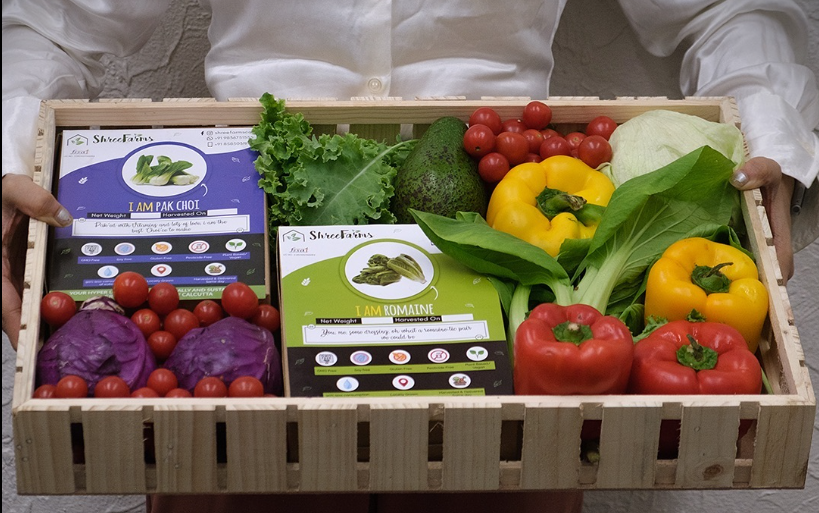
Shree Farms offers a diverse selection of hydroponically grown vegetables, fruits, and herbs, catering to health-conscious consumers and restaurants in Kolkata. They emphasize controlled environment farming with an array of setups, including vertical towers and greenhouse systems. Shree Farms is committed to educating consumers about the benefits of hydroponics and regularly hosts workshops to raise awareness of sustainable agriculture in urban areas.
Envirevo Agritech
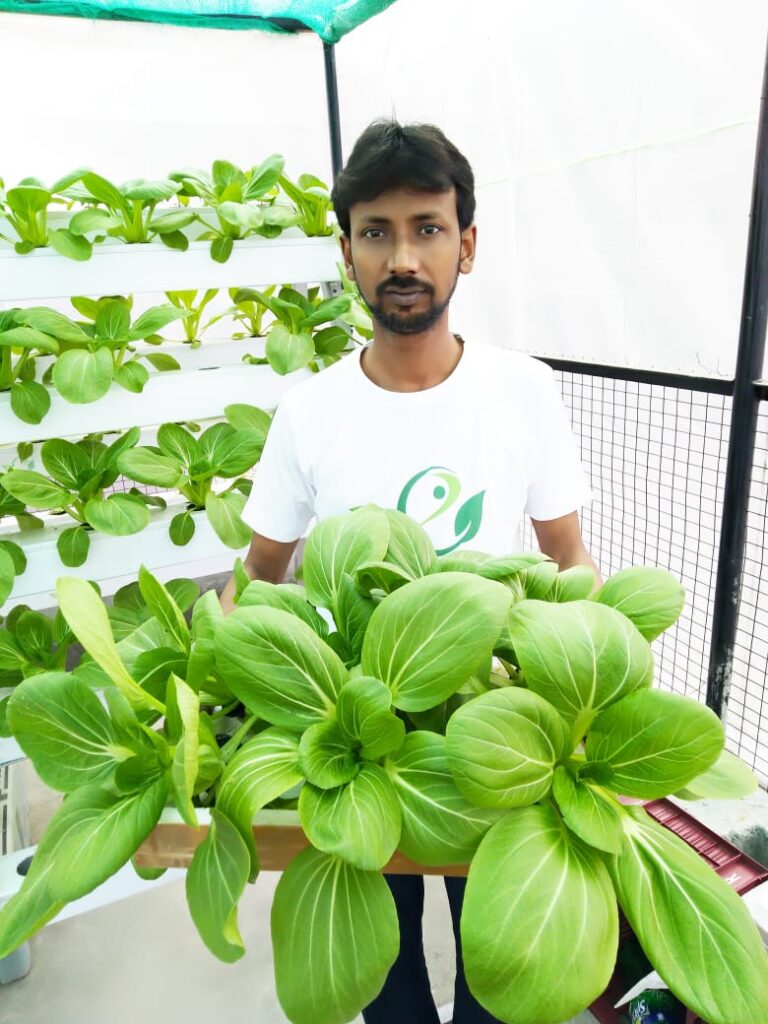
Envirevo Agritech, a key player in Kolkata’s hydroponics sector, provides consultancy and setup assistance for hydroponic projects in Kolkata and beyond. Their services cover end-to-end farm construction and technology support, making them an ideal partner for new and expanding hydroponic ventures. They utilize industry-standard greenhouse and hydroponic systems optimized for Kolkata’s climate and urban limitations. Their expertise in water conservation, climate control, and urban-friendly setups helps their clients achieve higher yields and profitability.
Benefits of Hydroponic Farming in Kolkata
Hydroponic farming offers numerous advantages for Kolkata’s urban environment, aligning with the city’s unique challenges and market demands. Here’s an in-depth look at its core benefits:
- Efficient Use of Water Resources: Hydroponic systems utilize 80-90% less water than traditional soil farming, an important consideration in Kolkata, where freshwater availability can be a challenge. This water efficiency is due to the recirculating system, where nutrient-rich water is reused, reducing both wastage and operational costs.
- Optimal Space Utilization: Kolkata’s densely populated urban areas benefit from hydroponics, especially vertical farming systems that maximize yield per square meter. Vertical systems allow multiple levels of crops in the same footprint, making it ideal for urban rooftops, small indoor spaces, and underutilized areas such as warehouses.
- Year-Round Production: Unlike traditional agriculture, which is limited by seasonal changes, hydroponics allows for continuous, year-round crop production. This is especially advantageous in Kolkata, where climate and monsoon seasons impact traditional crop cycles. Controlled hydroponic environments ensure consistent harvests and stabilize supply.
- Higher Crop Yield and Faster Growth: Hydroponically grown plants often experience accelerated growth due to the direct uptake of nutrients, resulting in harvest times 30-50% faster than soil-based methods. Higher yields are achieved on a smaller footprint, making it easier to meet Kolkata’s growing demand for fresh produce.
- Reduction of Chemical Usage: In a controlled hydroponic environment, pests and diseases are less common, significantly reducing or eliminating the need for pesticides and herbicides. This aligns with the growing consumer preference in Kolkata for organic, chemical-free produce, supporting healthier lifestyles and environmental sustainability.
- Local Food Production and Reduced Carbon Footprint: By producing food closer to the urban consumer base, hydroponics minimizes transportation needs and carbon emissions associated with importing produce from rural areas or other regions. This also means produce reaches consumers fresher and retains more nutritional value.
Challenges and Considerations
While hydroponics is promising, there are specific challenges and considerations for aspiring farmers in Kolkata:
High Initial Setup Cost
Hydroponic farming involves substantial upfront costs for equipment, greenhouse or polyhouse structures, climate control systems, and nutrient supplies. A commercial setup can range from ₹20-50 lakhs for an initial investment. However, long-term savings in water and pesticide costs may offset these initial expenses over time.
Technical Expertise and Training
Hydroponic systems require specific knowledge in nutrient management, pH regulation, and system maintenance. Lack of expertise can lead to crop failure, nutrient imbalances, or equipment breakdowns. Aspiring hydroponic farmers in Kolkata can consider enrolling in local workshops or partnering with organizations like Envirevo Agritech for setup and ongoing support.
Energy Consumption
Artificial lighting, climate control, and water pumps in hydroponics can result in higher electricity costs. Kolkata’s hot and humid summers also demand additional cooling systems, particularly in indoor or enclosed setups, which can further increase energy requirements. Exploring renewable energy options like solar panels may help offset these costs over the long term.
Market Competition and Price Sensitivity
Although demand for hydroponically grown produce is increasing, it can be challenging to compete with lower-priced traditional produce. Educating consumers on the benefits of pesticide-free, locally grown hydroponic vegetables can be crucial for market success. Building relationships with premium supermarkets, health stores, and restaurants can provide consistent revenue streams.
Regulatory and Compliance Challenges
Local regulations for urban farming, including permits and possible zoning restrictions, can impact hydroponic farm operations. Additionally, government subsidies and grants are available, but accessing these requires compliance with specific guidelines and documentation, which can be time-consuming.
Opportunities for Aspiring Hydroponic Farmers in Kolkata
Hydroponic farming is a promising sector for Kolkata’s urban entrepreneurs. Here are some key opportunities:
High Demand for Fresh and Organic Produce
Kolkata’s health-conscious consumers and premium dining establishments are increasingly demanding fresh, pesticide-free produce. Hydroponic farmers can focus on leafy greens, herbs, microgreens, and specialty vegetables, which are popular in organic and health-food markets.
Direct-to-consumer (D2C) and Subscription Models
A direct-to-consumer model, where fresh produce is delivered to customers weekly or monthly, can attract urban dwellers seeking convenience and quality. By implementing a subscription model, farmers can create a steady revenue stream and strengthen customer loyalty.
Supply Partnerships with Local Businesses
Opportunities exist to partner with premium supermarkets, restaurants, cafes, and health stores in Kolkata that prioritize locally grown, high-quality produce. Supplying unique produce like edible flowers, herbs, and microgreens to local businesses provides value addition and differentiates hydroponic farms from traditional suppliers.
Educational and Community Engagement
Hydroponic farms can host workshops, farm tours, and community events to educate Kolkata’s residents on sustainable agriculture. For example, Binge Farm Fresh in Kolkata offers hands-on training and workshops for urban farming enthusiasts, helping promote sustainable practices within the community.
Government Grants and Support
Various government subsidies, including support from the National Horticulture Board (NHB) and the National Horticulture Mission (NHM), are available for hydroponic and protected farming projects. Farmers in Kolkata can leverage these grants to reduce capital expenditure and cover costs for greenhouses and hydroponic setups.
Expansion into Urban Food Deserts
Certain neighborhoods in Kolkata lack access to fresh produce due to limited grocery options. By setting up hydroponic farms or satellite micro-farms in these areas, farmers can address food insecurity and contribute to local health and nutrition, positioning their farms as vital community resources.
Support from Organizations
Companies like Envirevo Agritech offer comprehensive support for hydroponic ventures, including system setup, maintenance, and even marketing assistance. This support is invaluable for new entrants looking to establish a reliable, profitable hydroponic business in Kolkata.
Conclusion
Hydroponic farming presents a sustainable and scalable solution to Kolkata’s unique urban scenarios. By enabling fresh, local, and pesticide-free produce, hydroponics helps reduce the city’s reliance on external supply chains while contributing to local food security. For urban entrepreneurs and residents alike, hydroponic farming in Kolkata represents an exciting, profitable venture that aligns with the city’s growing environmental consciousness.
FAQ: Hydroponic Farming in Kolkata
What types of crops can be grown hydroponically in Kolkata?
Hydroponics is highly versatile, allowing for the growth of leafy greens like lettuce, spinach, and herbs, as well as tomatoes, peppers, cucumbers, and even strawberries. In Kolkata’s urban setting, crops that thrive in controlled environments, like Bell peppers, lettuces, and exotic herbs, are especially popular.
What is the average investment required for starting a hydroponic farm in Kolkata?
Initial costs can vary widely depending on the scale and type of hydroponic system. For a small-scale rooftop setup, costs might start around ₹2-5 lakhs, while commercial ventures in controlled environments, such as greenhouses, can cost ₹20-50 lakhs or more, including equipment, climate control, and nutrient solutions.
How can I sell my hydroponically grown produce in Kolkata?
Hydroponic produce can be sold directly to consumers through online platforms, social media, and local marketplaces. Many hydroponic farmers in Kolkata partner with premium grocery stores (like Nature’s Basket, Spencers, etc.), health food shops, and restaurants to reach a broader customer base. Additionally, creating subscription models or D2C (direct-to-consumer) delivery options can help ensure regular sales. Online aggregators like Zepto, Blinkit, Instamart also provide good margin to the hydroponic farmers.
Are there any grants or government schemes available for hydroponic farming in Kolkata?
Yes, government initiatives such as the National Horticulture Mission (NHM) and subsidies through the National Horticulture Board (NHB) offer support for hydroponic and protected cultivation. These programs may help with capital investments, equipment, and training, though specific eligibility criteria and documentation are required.
What are the maintenance requirements for a hydroponic system?
Hydroponic farms require regular monitoring of nutrient levels, pH balance, and water circulation. Cleaning and disinfecting systems are also crucial to prevent algae and bacterial growth. For larger setups, hiring a skilled technician or undergoing proper training in system maintenance can be beneficial to ensure consistent production quality.
How can hydroponic farming address Kolkata’s monsoon challenges?
Hydroponic systems in controlled environments, such as greenhouses or polyhouses, can effectively operate through Kolkata’s monsoon season. These structures protect plants from excessive rainfall and flooding, allowing year-round production despite weather fluctuations.
Is hydroponic produce more nutritious than traditionally grown produce?
While the nutritional content of hydroponically grown produce depends on the nutrient solution and care given, studies have shown that hydroponic vegetables can match or even exceed the nutrient density of soil-grown counterparts, particularly in controlled settings where nutrient levels are optimized.
How much time is required daily to manage a hydroponic farm?
Small-scale hydroponic farms require 1-2 hours of daily monitoring, primarily for checking nutrient solutions, inspecting for pests, and maintaining the system. Larger commercial setups may need more time and regular input from trained technicians, though automation and sensors can reduce time spent on maintenance.
Can I set up a hydroponic farm on my balcony or rooftop?
Yes, hydroponic systems are adaptable to small spaces and can be set up on balconies, terraces, or rooftops, making them ideal for urban settings. Compact systems like Nutrient Film Technique (NFT) or vertical setups are particularly suited for these areas, allowing urban dwellers in Kolkata to grow fresh produce at home.
What kind of training or resources are available for beginners in hydroponics?
In Kolkata, there are workshops and training programs offered by organizations like Envirevo Agritech and Ecoponic. These sessions cover the basics of hydroponic systems, nutrient management, and crop selection. Online resources, webinars, and local community meetups are also valuable for gaining foundational knowledge and practical skills.
